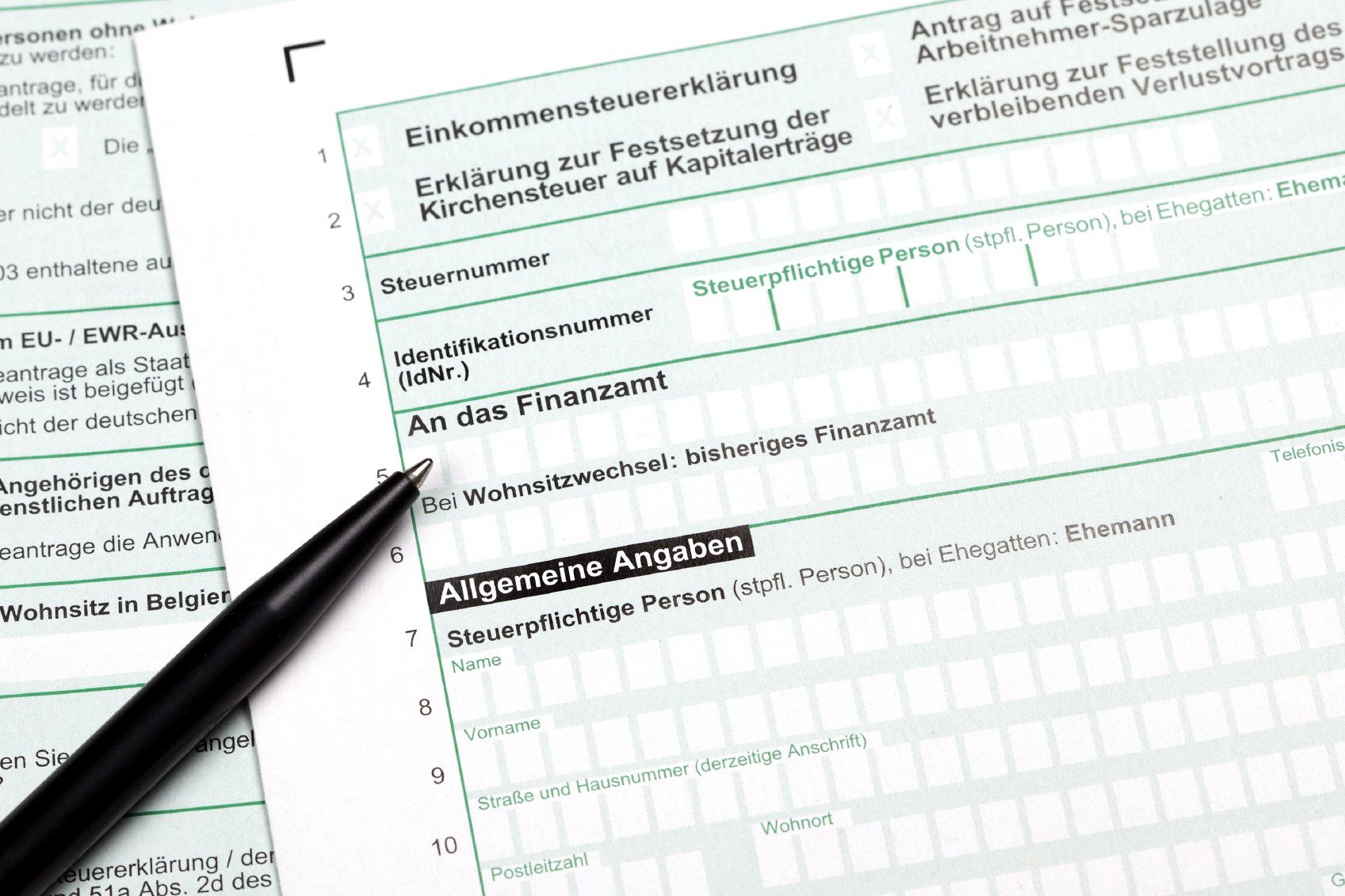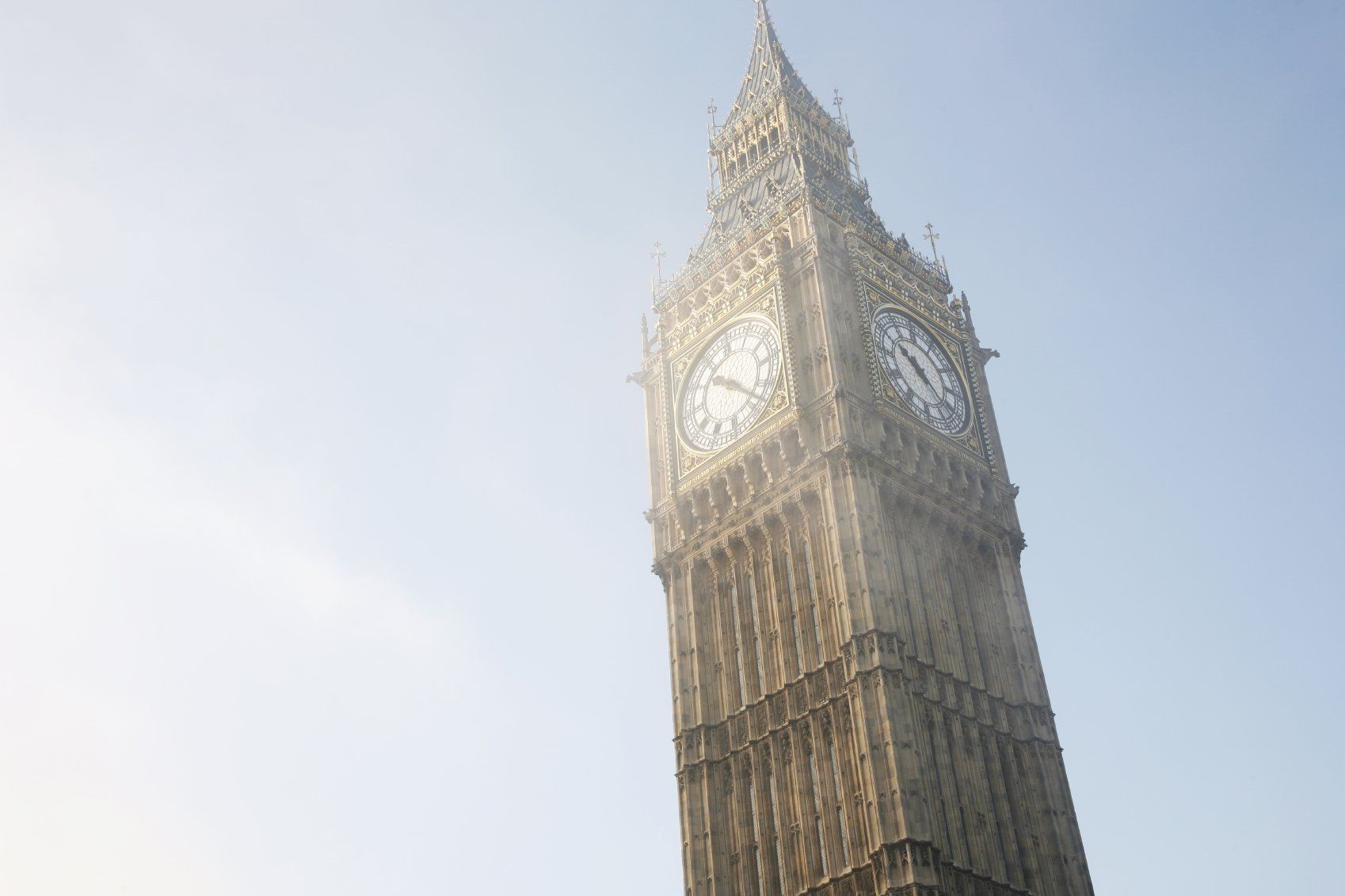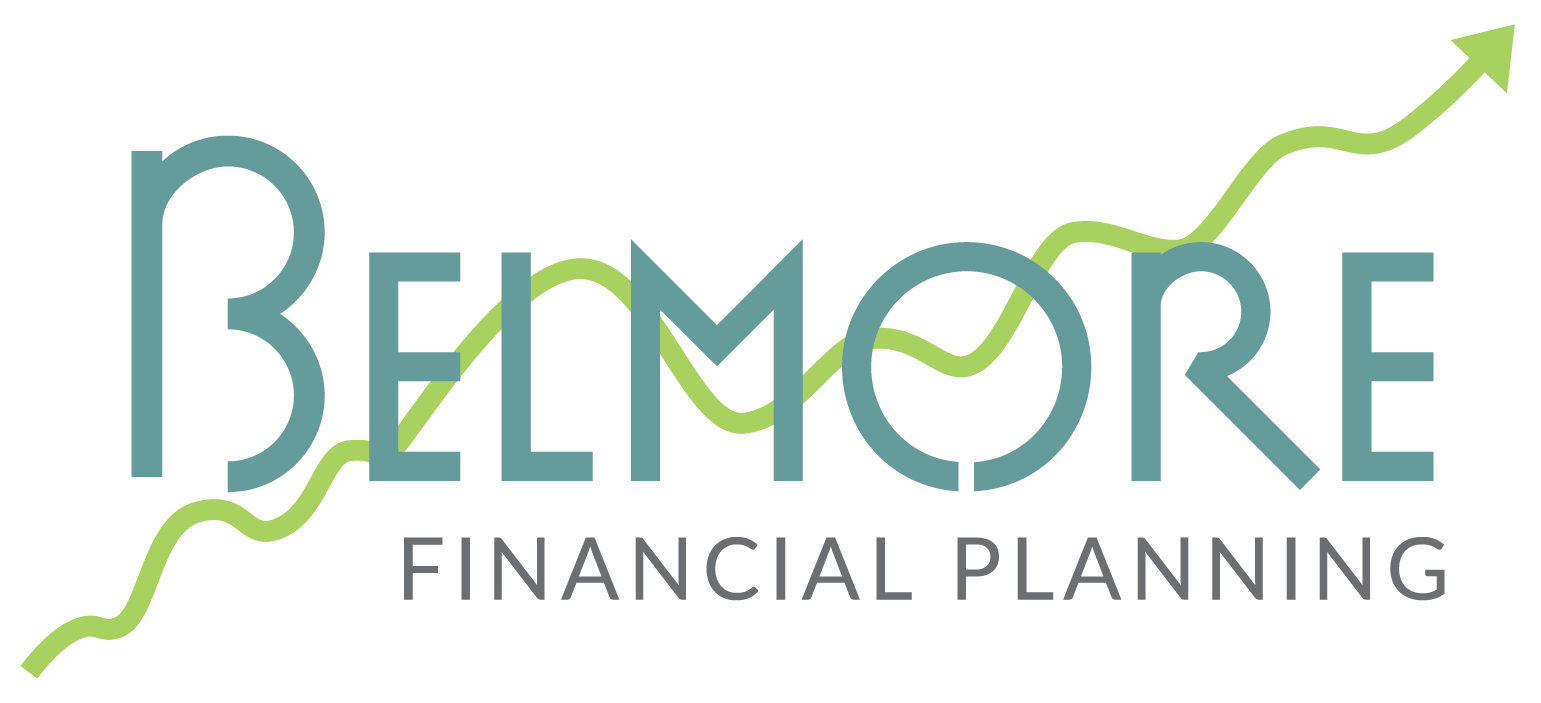Trusts
What is the purpose of a Trust?
A Trust is a legally binding agreement for managing assets (money, investments, land, or buildings) for the benefit of another person or people (the beneficiaries). Assets provided by the settlor are held and managed by one person or people (the trustees).
Trusts can be organised for several different reasons:
- To control and protect family assets
- When a beneficiary is too young to handle their financial affairs
- When someone cannot handle their financial affairs because they’re incapacitated
- To pass on assets while a settlor is still alive or when a settlor dies (a ‘Will Trust’)
- Under the rules of intestacy if someone dies intestate (without a Will in England and Wales)
The settlor sets out in a document called a Trust Deed how their assets should be used.
The trustees are the legal owners of the assets and must use them as per the settlor's wishes as set out in their Will or the Trust Deed. They must manage the Trust, deciding on how to use or invest the assets, and pay any tax due. You can have up to four trustees and it is important you choose people you can trust to carry out your wishes.
The beneficiary may be one person or a defined group (such as a family). They may benefit from the income of a Trust for example the rental income from a house held in the Trust, the capital for example receiving shares when they come of age, or both income and capital.
Trusts can be set up at any time or written into a Will. It will be decided on what the assets are, who the trustees and beneficiaries will be and when the Trust is to become active.
Different Types of Trust
Depending on how you wish to control your assets, there are many different types of Trust available:
A Bare Trust is the most simple type. It gives all assets to a beneficiary or beneficiaries over the age of 18 (in England and Wales). These types of Trust are usually used to pass on assets to a young person and are held by the trustee(s) until the young person is of age.
Interest in Possession Trusts means that the beneficiaries can gain access to the income immediately but they cannot control the assets. They must also pay tax on the money they receive. This is most commonly used by a settlor to give their partner access in their lifetime and then when the partner dies, the assets would be passed to the settlor’s children.
Discretionary Trusts are where the trustee(s) have control over the assets and any income generated. They decide on how and when they will be given to the beneficiaries and any restrictions to impose on them. This kind of Trust is usually set up for the benefit of grandchildren where the parents are made the trustees.
Mixed Trusts are a combination of different types of Trust. It might give the beneficiaries the right to income from half a Trust Fund for example. The different parts of the Trust are treated in accordance with the tax rules that apply to each part.
A Trust for a vulnerable person would be used if the only beneficiary is vulnerable, for example, someone who is disabled or an orphan, this type of Trust benefits from less tax being payable on the income.
Non-resident Trusts can be set up if the trustee(s) live outside the UK. This may mean that the beneficiaries could pay less tax.
Settlor-interested Trusts are where the settlor or their spouse / civil partner benefits from the Trust which can be an Interest in Possession Trust, an Accumulation Trust or a Discretionary Trust.
Parental Trusts for children are set up by parents for children under 18 who have never been married or in a civil partnership. They’re not a type of Trust in their own right but will be either a Bare Trust, an Interest in Possession Trust, an Accumulation Trust, or a Discretionary Trust.
Taxes
Different types of income from Trusts have different rates of income tax. Income Tax on income from the Trust is paid by the trustee(s), but the ‘settlor’ is responsible. This means that the trustee(s) pay Income Tax on the Trust income by filling out a Trust and Estate Tax Return and they give the settlor a statement of all the income and the rates of tax charged on it.
The settlor tells the HMRC about the tax the trustee(s) have paid on their behalf when filling out their Self Assessment tax return.
Each type of Trust is taxed differently. If you put assets into a Trust, inheritance tax will need to be paid on it at various points in the lifecycle of the Trust.
Capital gains tax on Trusts taxes the profit when assets that have increased in value are put into or taken out of a Trust.
If you would like further information or advice on setting up a Trust, please do not hesitate to contact us, we will happily talk to you about your circumstances and future plans.
Sources:
https://www.lawsociety.org.uk/public/for-public-visitors/common-legal-issues/trusts
https://www.gov.uk/trusts-taxes/types-of-trust
If you would like help in any other aspect of your Estate Planning then please do
get in touch
Feel free to share this on your social media or with friends and family:











